Table of Contents
Kristin Ross is professor of comparative literature at New York University. She is author of Fast Cars, Clean Bodies: Decolonization and the Reordering of French Culture (1995) and The Emergence of Social Space: Rimbaud and the Paris Commune (1988).
The University of Chicago Press, Chicago 60637
The University of Chicago Press, Ltd., London
2002 by Kristin Ross
All rights reserved. Published 2002
Printed in the United States of America
11 10 09 08 07 06 05 04 03 02 1 2 3 4 5
ISBN: 0-226-72797-1 (cloth)
Library of Congress Cataloging-in-Publication Data
Ross, Kristin.
May 68 and its afterlives / Kristin Ross.
p. cm.
Includes bibliographical references and index.
ISBN 0-226-72797-1 (cloth : alk. paper)
1. RiotsFranceParis. 2. FrancePolitics and government1958- I. Title: May 1968 and its afterlives. II. Title.
DC412 .R67 2002
944.36dc21 2001052762

The paper used in this publication meets the minimum requirements of the American National Standard for Information SciencesPermanence of Paper for Printed Library Materials, ANSI Z39.48-1992.
For my mother and father
ACKNOWLEDGMENTS
The idea for a book like this came originally from Adrian Rifkin, who urged me to write it, but who shouldnt fear that he will be held responsible for what I have done. I am grateful to him, Donald Reid, Alice Kaplan, Fredric Jameson, and writing group members Molly Nesbit, Anne Higonnet, Margaret Cohen, and Gloria Kury for their support at the early stages of the project. Jean Chesnaux, Jean-Louis Comolli, Paol Keineg, Annette Michelson, Andrew Ross, Michel Trebitsch, Steven Ungar, and Jay Winter each offered helpful research tips at crucial moments. My thanks to Denis Echard, to Adrian again, and to Jonathan Strong for their careful, critical readings of the entire manuscript.
My research for this project received the generous support of the John Simon Guggenheim Foundation, the National Endowment for the Humanities, and New York University. I am also indebted to the Institute for Advanced Study in Princeton for a fellowship year that allowed me to write much of the book in a congenial and stimulating environment, while giving me access to the resources and assistance of a dedicated library staff. In France, I received gracious help from the staff at the BDIC in Nanterre, the Centre de Recherche de lHistoire des Mouvements Sociaux et du Syndicalisme, ISKRA, and the Institut dHistoire du Temps Prsent. My editor, Susan Bielstein, and her colleagues at the University of Chicago Press responsible for the production of the book have been a pleasure to work with.
For their intellectual energy, generosity, and enthusiastic commitment to the project, my deepest gratitude goes to Harry Harootunian, Alice Kaplan, and Joan Scott, each of whom not only read the entire manuscript, but several drafts along the way. Their conversation and critiqueand their examplemade me consider things I had been avoiding, and reconsider some of the certainties I had thought self-evident. To Harry, a fellow-traveler, special thanks for his company and for good times while I researched and wrote the book. To B. and W., your absence helped as much as your presence!
Finally, Id like to dedicate this book to a serious reader, Anita Brown Ross, and to Walter Ross, a serious wit.
INTRODUCTION
I know of no other period in the history of France that has given me the same feeling that something irrational was happening.
Raymond Aron, 1968
What is important is that the action took place, at a time when everyone judged it to be unthinkable. If it took place, then it can happen again....
Jean-Paul Sartre, 1968
This is a book about Mays afterlives: about the way in which May 68 in France, now more than thirty years past, has been overtaken by its subsequent representations. It is also a book about how the event has endured, resisting annihilation, insisting or asserting its eventfulness against the forms of social amnesia and instrumentalization that have sought to undo it, the sociologies that have explained it, and the ex-student leaders who have claimed a monopoly on its memory.
By afterlife I do not wish to invoke a catalog of Mays errors and accomplishments or to demonstrate the lessons that the May movement might hold for us now. I use the term rather to mean simply that what has become known as the events of May 68 cannot now be considered separately from the social memory and forgetting that surround them. That memory and that forgetting have taken material forms, forms whose history I trace in this book. The management of Mays memorythe way in which the political dimensions of the event have been, for the most part, dissolved or dissipated by commentary and interpretationsis now, thirty years later, at the center of the historical problem of 1968 itself.
And yet even to raise the question of the memory of the recent past is to confront the way in which the whole of our contemporary understanding of processes of social memory and forgetting has been derived from analyses related to another mass eventWorld War II. World War II has, in fact, produced the memory industry in contemporary scholarship, in France and elsewhere, and the parameters of devastation catastrophe, administrative massacre, atrocity, collaboration, genocidehave in turn made it easy for certain pathological psychoanalytic categoriestrauma, for example, or repressionto attain legitimacy as ever more generalizable ways of understanding the excesses and deficiencies of collective memory. And these categories have in turn, I think, defamiliarized us from any understanding, or even perception, of a mass event that does not appear to us in the register of catastrophe or mass extermination. Masses, in other words, have come to mean masses of dead bodies, not masses of people working together to take charge of their collective lives.
Whether or not the transposition of pathological categories onto the historical plane is justified in the case of World War IIrecent works by Peter Novick and Norman Finkelstein, argue against their use, at least in the American contextit seemed clear to me that categories like trauma and repression, whether collective or individual, would not be relevant to the story of 68. In the affective register, of course, they fell dramatically short of being able to render the range of associationspleasure, power, excitement, happiness, disappointmentwith which many people recalled the 1960s. These categories could tell us little or nothing, I suspected, about how the recent political past, its ambiance and its sociabilities, are remembered or forgotten, how left political culture in particular comes to be recast, reconfigured, or obscured.
Within social history, of course, and particularly among historians of workers collectivities, a mode of addressing such questions has evolved. But in that body of work the problem of memory has almost always been formulated as an issue of reinforcing identity: reweaving the threads that have unraveled between generations so as to firm up the continuity of this or that subgroup or subculture; strengthening the received dispositions, habits, ways of life, bodily practices that bolster a particular social identitythe identity of militants, for example, or residents of a particular neighborhood, or members of a certain religious group, or the abiding folk in the rural hinterlands. In this view, memory is seen as the property of social bodies, something one can possess, or if it has been taken away, something that can be injected back into the group to enforce its identity. Memory is mobilized in the service of a conquest or a reconquest of identity, and in recent times, increasingly, of an ever more narrowly conceived ethnic or regional identity.

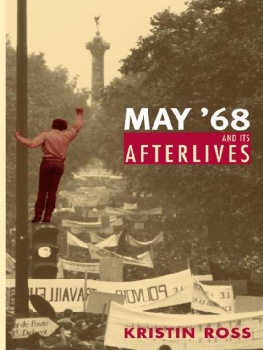
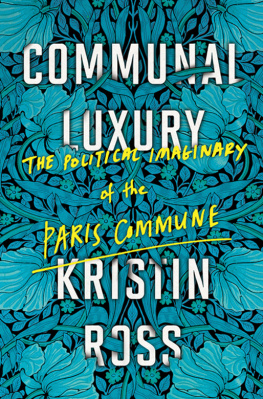


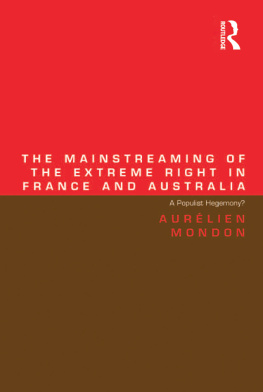
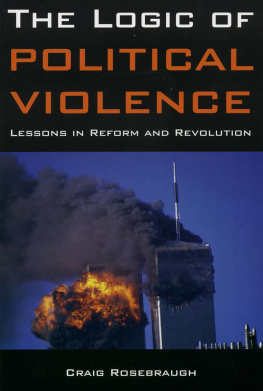
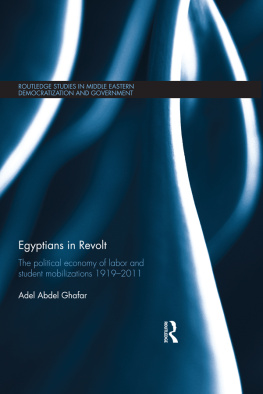



 The paper used in this publication meets the minimum requirements of the American National Standard for Information SciencesPermanence of Paper for Printed Library Materials, ANSI Z39.48-1992.
The paper used in this publication meets the minimum requirements of the American National Standard for Information SciencesPermanence of Paper for Printed Library Materials, ANSI Z39.48-1992.